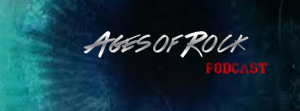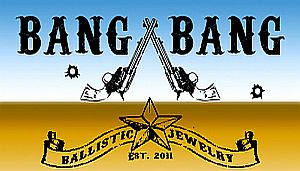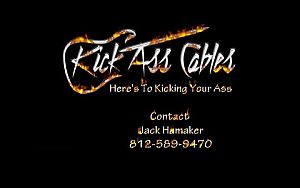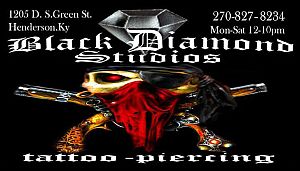Why do paranormal investigators “go dark” on investigations? From Richard of P.I.H.K.
Why do paranormal investigators “go dark” on investigations? What is the purpose of turning down or off the lights? Let’s say up front, that no one can be right or wrong on this question. As a working theory, let’s consider for a moment that ghosts are seen, heard, felt, or smelled by our physical senses. We must consider that ghosts must gather or generate energy, and then use that energy to manifest in a fashion that can be sensed by our physical senses. The theory goes that this is a difficult process for the ghost/spirit. If you wanted to find a lit candle in the middle of a grassy field, would you rather look for it at Midnight or at Noon on a sunny day. So the theory suggests that by turning down the lights, you are putting the investigators in the right frame of mind and the right conditions to better sense lesser manifestations they might not otherwise notice. During the daytime, there is often more traffic, people walking by, and other noise in the neighborhood where your investigation is taking place. High levels of movement and activity outside the location of your investigation can be extremely distracting, invalidate your EVP work, and lead to anecdotal experiences (mostly sound) that can be mistaken for paranormal. At night, things tend to quiet down…and this is less of a problem. Some groups turn down or off the lights to help calm everyone on the investigation and in the home. When its is dark, it quiets people automatically, without having to demand that everyone quiet down. For some groups its sort of an unspoken rule that when it “goes dark,” things get quiet. Considering the theory that manifestations require a source of power, some groups believe that “going dark” can (theoretically) force the issue, leaving the investigators as one of the only power-sources to draw upon within the environment. Basically, batteries, equipment, and the investigators. Light can obscure subtlety…and it tends to distract us from our other senses and our ability to reason and think. When we focus less on our sense of sight, we are forced to use our powers of deductive reasoning more…and to understand and logically analyze the input we are receiving from our other senses. When reviewing evidence, it makes things easier to understand your light sources and where they are coming from. When you eliminate all of the light sources except the flash, this can keep things simple. Low light video captured with Night Shot technology is basically represented in shades of green and black. Eliminating color in this way from the video can also simplify your analysis of what you’ve captured. Of course, if your witness/client always experiences the paranormal activity at night and not during the day…it would help to investigate at night. If your witness/client always experiences the paranormal activity during lunch when the house is fully lit, you would probably want to investigate during lunch when the house is fully lit! Another thing to consider when choosing to “go dark” or not “go dark,” is the fact that our eyes have a tendency to malfunction in low light environments. As our eyes attempt to focus in low light and are shifting the focus of reception from the cones to the rods, we tend to get a lot of false input. Investigators will sense movement and sometimes flashes of light, where there is neither.










